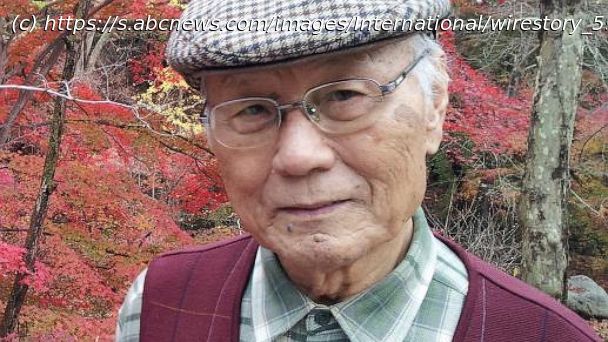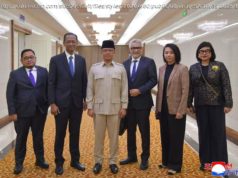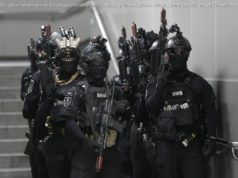K
K.C. Hwang, whose six-decade-long journalism career included 30 years chronicling South Korea’s tumultuous modern history for The Associated Press, including as Seoul bureau chief, has died at age 99.
Hwang died Thursday of chronic ailments after undergoing kidney dialysis for two years, his son, Yoon Chul Hwang, said.
From joining the AP in 1957, Hwang witnessed and reported on some of South Korea’s most dramatic and turbulent moments in its postwar history, from a public uprising that toppled the country’s first president, military coups and a presidential assassination to pro-democracy movements.
“It was rare luck for a journalist to cover all these historical events in a single country,” Hwang wrote in a 2006 book titled “Korea Witness,” a collection of essays and articles by Korea correspondents.
Hwang chose the 1960 uprising — where massive student protests over the government’s election fraud and corruption allegations triggered bloody police crackdowns before President Syngman Rhee resigned — as “the most shocking, dramatic and nerve-racking” event that he had ever covered.
While covering some of the protests on the ground, Hwang said he beat his foreign media competitors when he dashed to a tearoom to use a phone there to relay the news of police shooting at demonstrators to an AP colleague at the office, who filed a bulletin.






